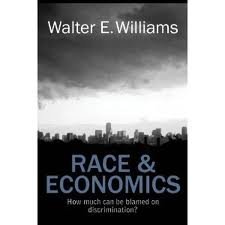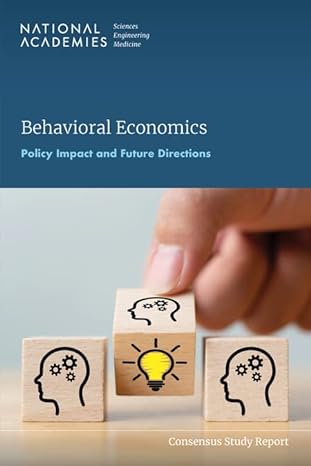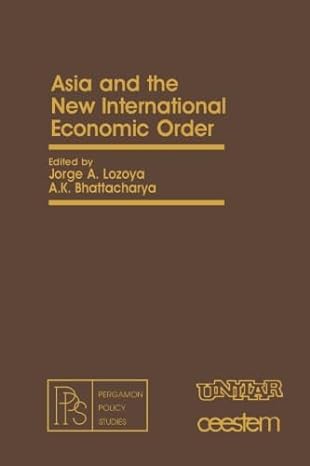Go back


Race And Economics How Much Can Be Blamed On Discrimination(1st Edition)
Authors:
Walter E. Williams

Cover Type:Hardcover
Condition:Used
In Stock
Include with your book
Free shipping: April 04, 2024Popular items with books
Access to 3 Million+ solutions
Free ✝
Ask 10 Questions from expert
200,000+ Expert answers
✝ 7 days-trial
Total Price:
$0
List Price: $21.40
Savings: $21.4(100%)
Book details
ISBN: B00779O724
Book publisher:
Get your hands on the best-selling book Race And Economics How Much Can Be Blamed On Discrimination 1st Edition for free. Feed your curiosity and let your imagination soar with the best stories coming out to you without hefty price tags. Browse SolutionInn to discover a treasure trove of fiction and non-fiction books where every page leads the reader to an undiscovered world. Start your literary adventure right away and also enjoy free shipping of these complimentary books to your door.
Race And Economics How Much Can Be Blamed On Discrimination 1st Edition Summary: Walter E. Williams applies an economic analysis to the problems black Americans have faced in the past and still face in the present to show that that free-market resource allocation, as opposed to political allocation, is in the best interests of minorities. Contrasting the features of market resource allocation with those of the political arena, he explains how, in the political arena, minorities cannot realize a particular preference unless they win the will of the majority. In the market, he shows, there is a sort of parity (nonexistent in the political arena) in which one person’s dollar has the same power as the next person’s. Williams debunks many common labor market myths and reveals how the minimum wage law has imposed incalculable harm on the most disadvantaged members of our society. He explains that the real problem is that people are not so much underpaid as underskilled and that the real task is to help unskilled people become skilled. The author also reveals how licensing and regulation reduce economic opportunities for people, especially those who might be described as discriminated against and having little political clout. Using the examples of the taxi cab and trucking industries before and after deregulation, he illustrates how government regulation closes entry and reinforces economic handicaps, whereas deregulation not only has helped minorities enter industries in greater numbers but also has benefited consumers.
Customers also bought these books
Frequently Bought Together
Top Reviews for Books
Request kn2qf0b
( 5 )
"Delivery was considerably fast, and the book I received was in a good condition."










